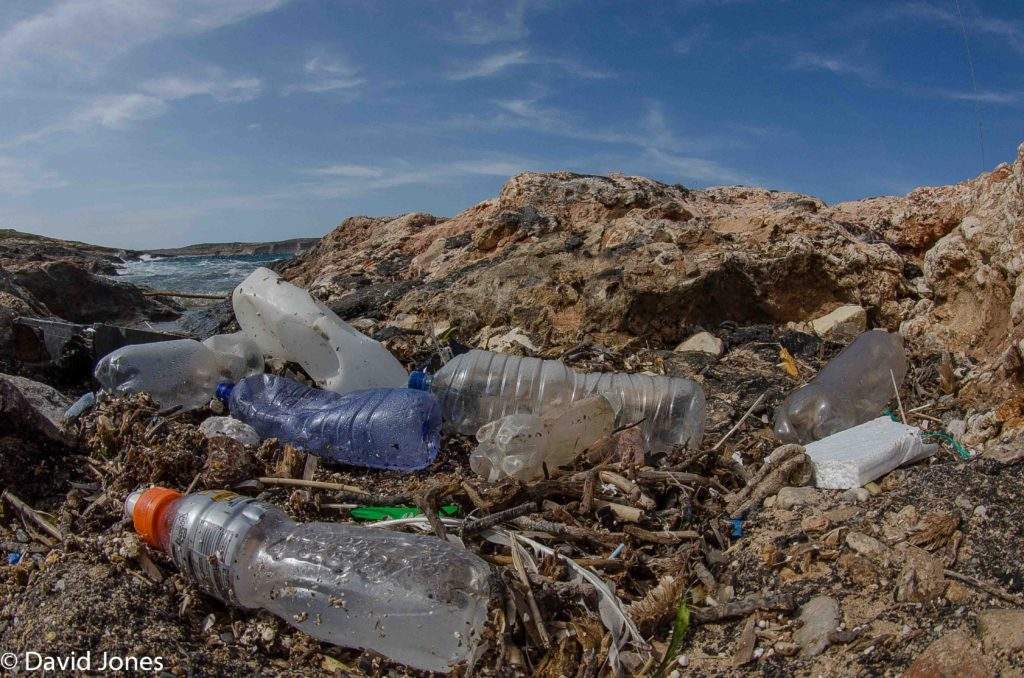A team of researchers in the US and England have engineered a plastic-eating enzyme which could help tackle the one of the world’s biggest environmental problems, PET bottle litter.

Image: Waste plastic bottles. Photo: courtesy of David Jones.
The researchers from the University of Portsmouth and the US Department of Energy’s National Renewable Energy Laboratory (NREL) had inadvertently engineered an enzyme, which is capable of degrading the plastic even better than PETase enzyme, which was evolved in nature.
The team is now working to further improve the new enzyme to allow it to be used industrially to break down plastics in a fraction of the time.
Institute of Biological and Biomedical Sciences in the School of Biological Sciences at Portsmouth director professor McGeehan said: “We can all play a significant part in dealing with the plastic problem, but the scientific community who ultimately created these ‘wonder-materials’ must now use all the technology at their disposal to develop real solutions.
“Serendipity often plays a significant role in fundamental scientific research and our discovery here is no exception.
“Although the improvement is modest, this unanticipated discovery suggests that there is room to further improve these enzymes, moving us closer to a recycling solution for the ever-growing mountain of discarded plastics.”
The researchers collaborated with scientists at the Diamond Light Source in the UK, a synchrotron that uses intense beams of X-rays 10 billion times brighter than the sun to provide a microscopic view of individual atoms, in order to create an ultra-high-resolution 3D model of the PETase enzyme.
McGeehan added: “Being able to see the inner workings of this biological catalyst provided us with the blueprints to engineer a faster and more efficient enzyme.”
The mutant of the PETase also has potential to degrade polyethylene furandicarboxylate (PEF), a bio-based substitute for PET plastics, the researchers said.
